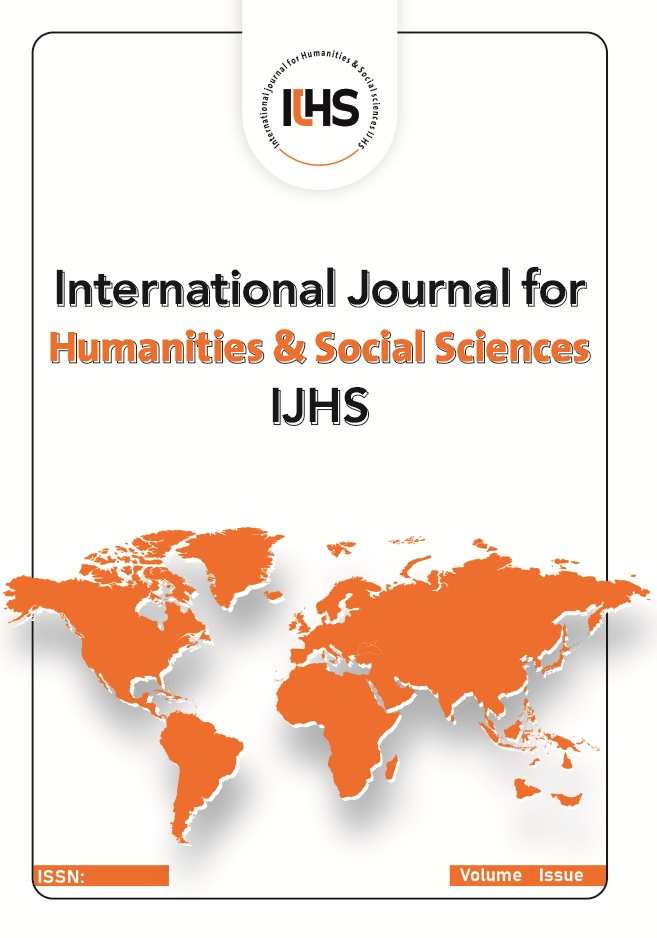Re-entering the Absurd in the Twenty First Century: A Study in Richard Nelson's Pandemic Trilogy The Apple Family
Main Article Content
Abstract
Since the Middle Ages, drama has started as a simple wagon in the market-place with unprofessional actors who acted occasionally to serve religion\the Church. By later centuries, dramatic actions steadily developed; and their growing popularity encouraged the construction of theatre buildings to host the increasing numbers of the audiences. Hence the simple facts about drama have therefore been settled: no audience or drama student can ever imagine these facts would ever change, until Covid-19 has unexpectedly undermined the drama simple facts as well as radically changed that. Concerning theatre, the current situations, however, have forced drama to evolve without actors appearing physically onstage. As a communal act, the theatre can hardly stop: human communication is one haven of man to escape one's loneliness, but such need is not expected to be part of man's surroundings. Hence, when drama resumes work, it does so cautiously. Richard Nelson's postmodern play, The Apple Family: A Pandemic Trilogy, is a play that is acted through Zoom screens, utilizing the cyberspace instead ofم the theatre. The curtains are replaced by a "sign out" or the dimming of the screen of the character. Characters chat through those screens, no more "aside" or audience-actor interaction. Theatre has become cinema-like in that it lost the physical existence of both actors and audience. There is no action as the plays remind us of Becket, Ionesco and Pinter. The post-war depression and dehumanization that led to the emergence of the absurd is happening all over again with COVID-19.
Article Details

This work is licensed under a Creative Commons Attribution 4.0 International License.
International Journal for Humanities and Social Sciences (IJHS) is licensed under the http://creativecommons.org/licenses/by/4.0, which allows users to copy, create extracts, abstracts, and new works from the article, alter and revise the article, and make commercial use of the article (including reuse and/or resale of the article by commercial entities), provided the user gives appropriate credit (with a link to the formal publication through the relevant DOI), provides a link to the license, indicates if changes were made, and the licensor is not represented as endorsing the use made of the work. The authors hold the copyright for their published work on the IJHS website, while IJHS is responsible for appreciate citation of their work, which is released under http://creativecommons.org/licenses/by/4.0, enabling the unrestricted use, distribution, and reproduction of an article in any medium, provided that the original work is properly cited.

